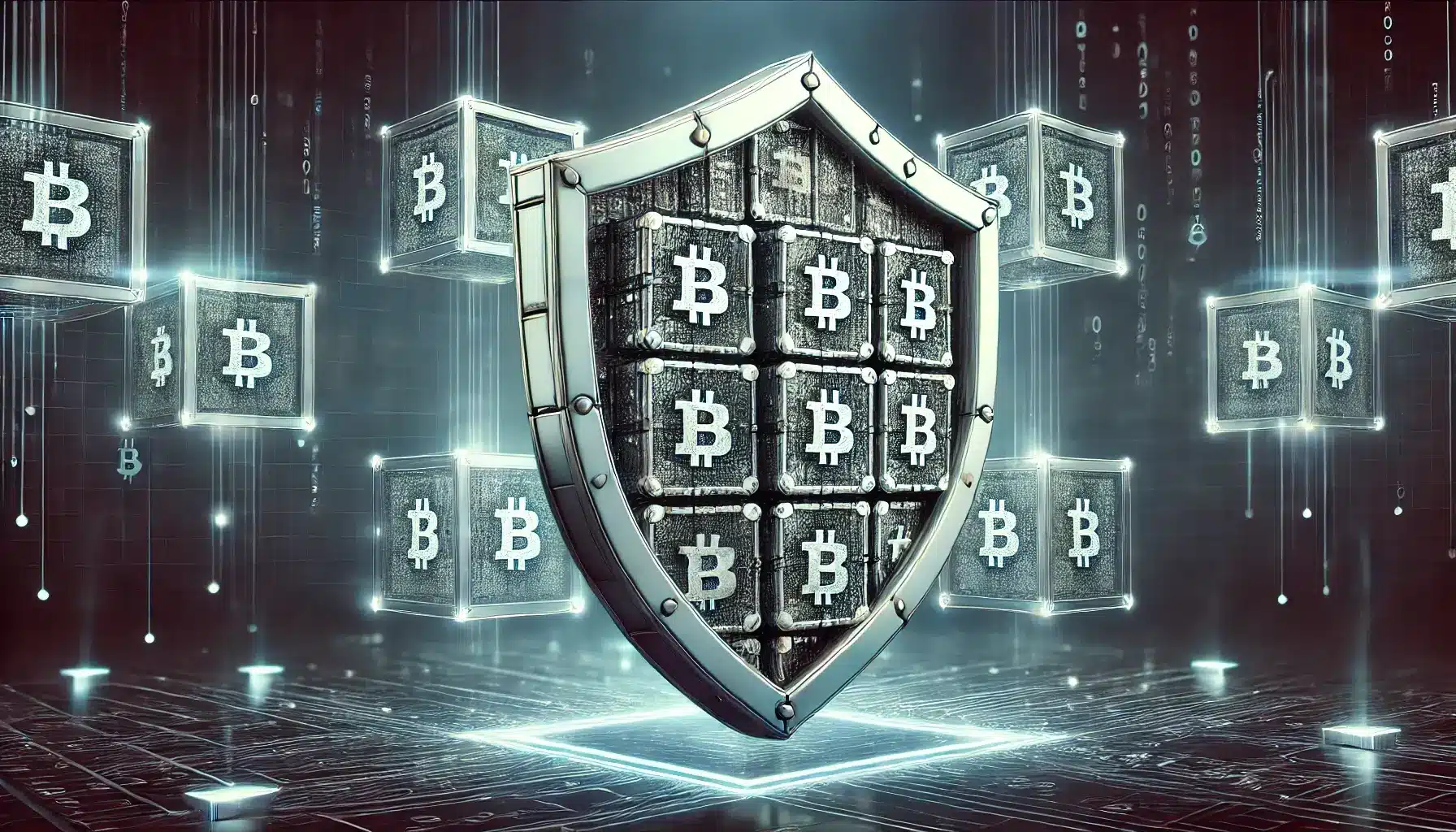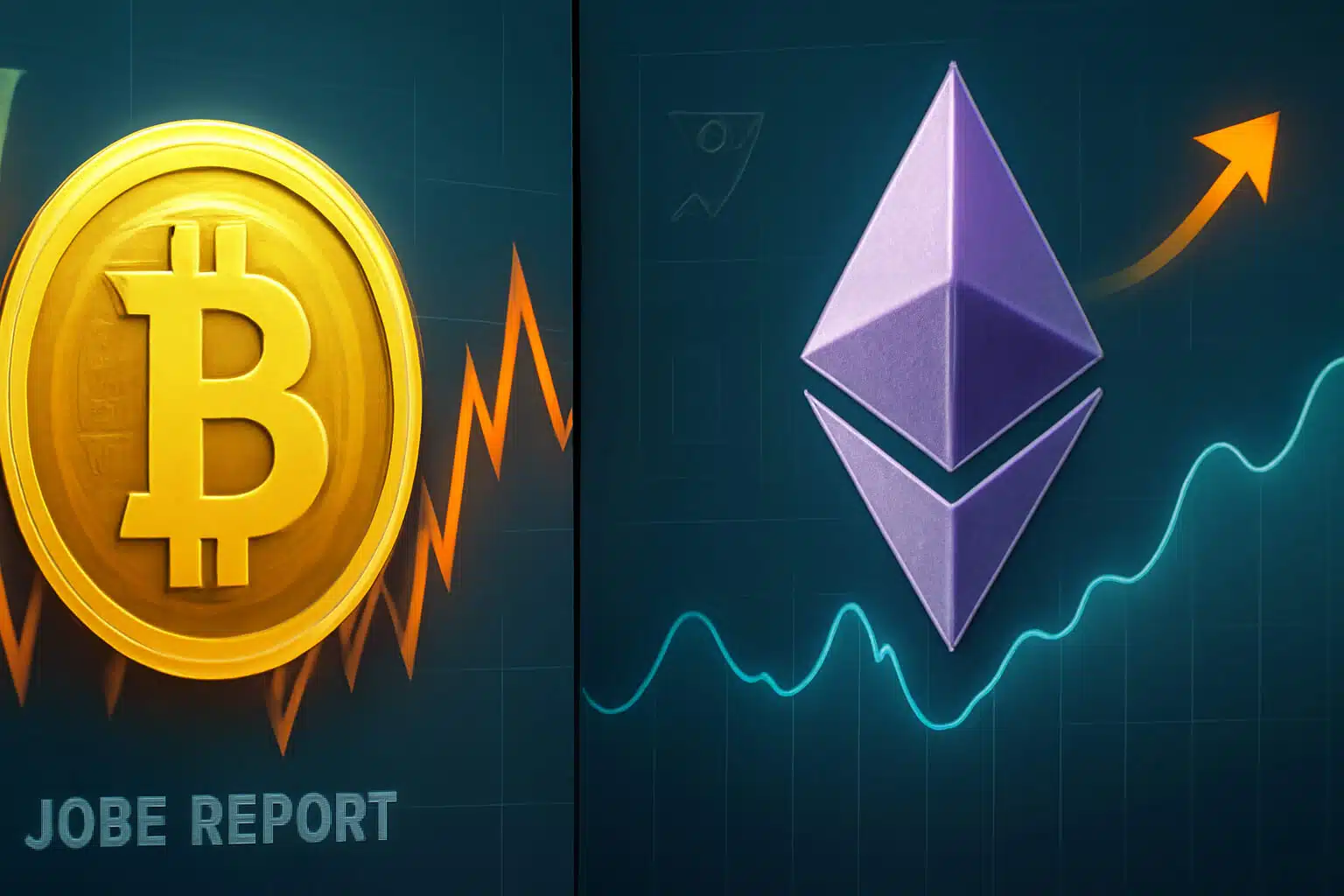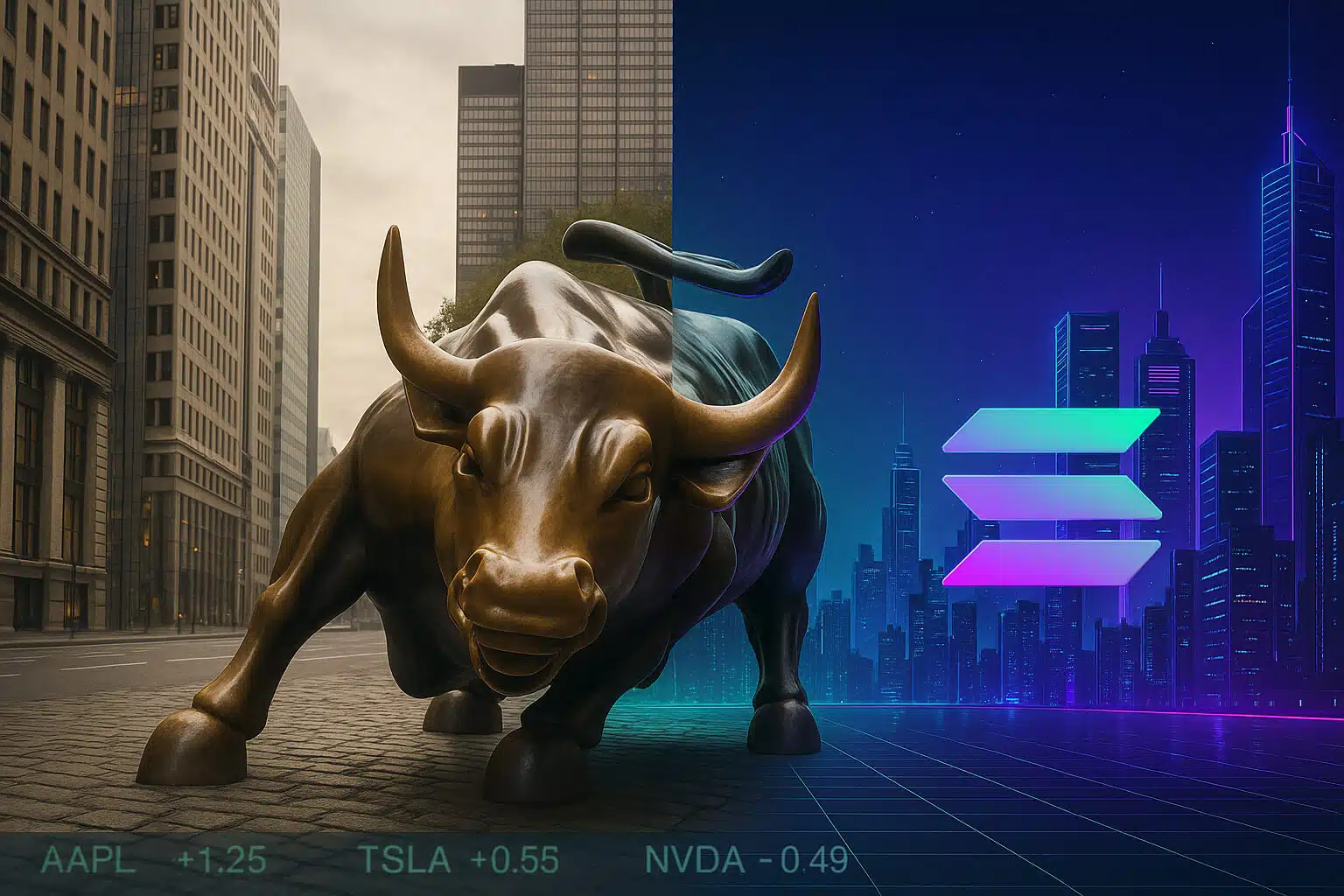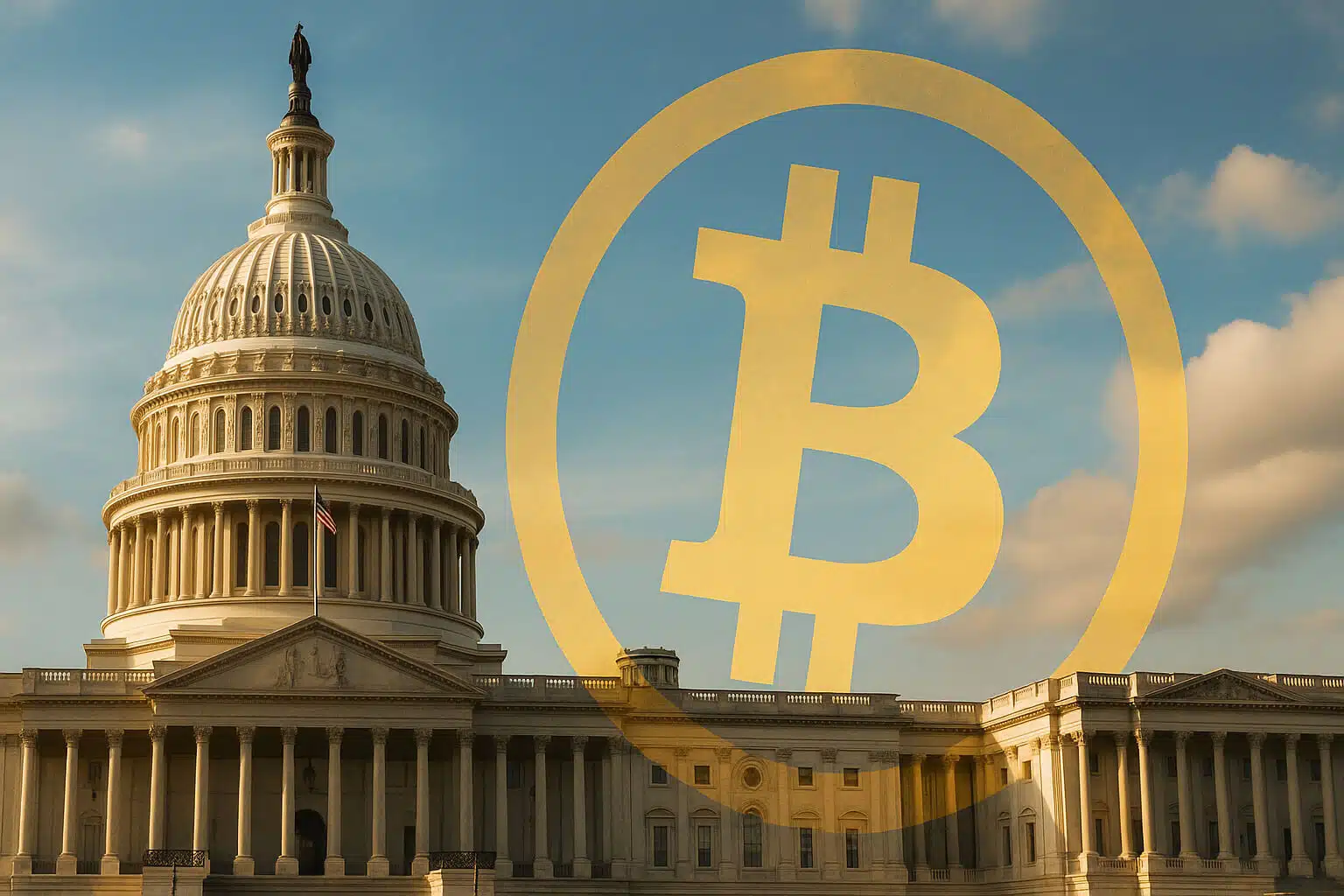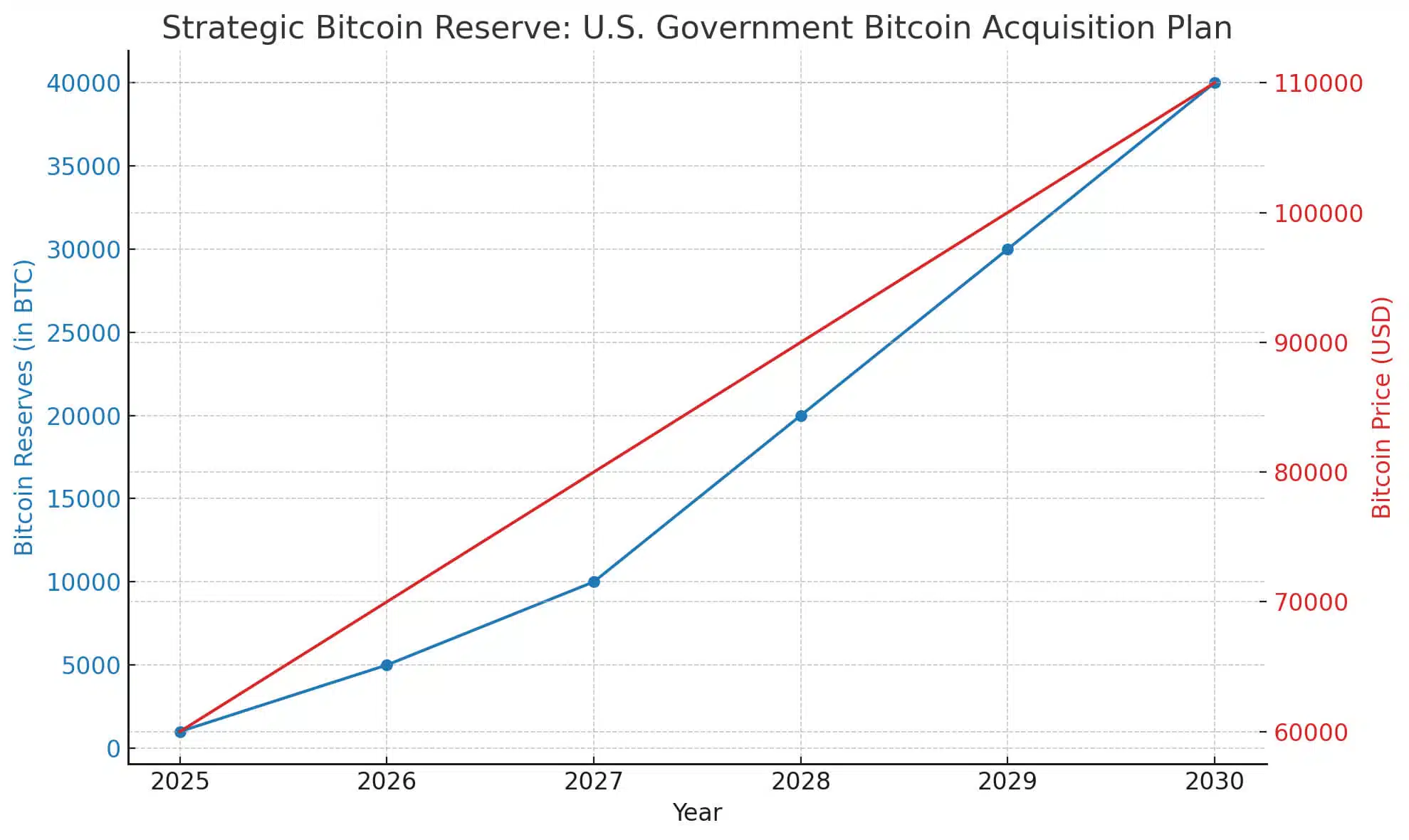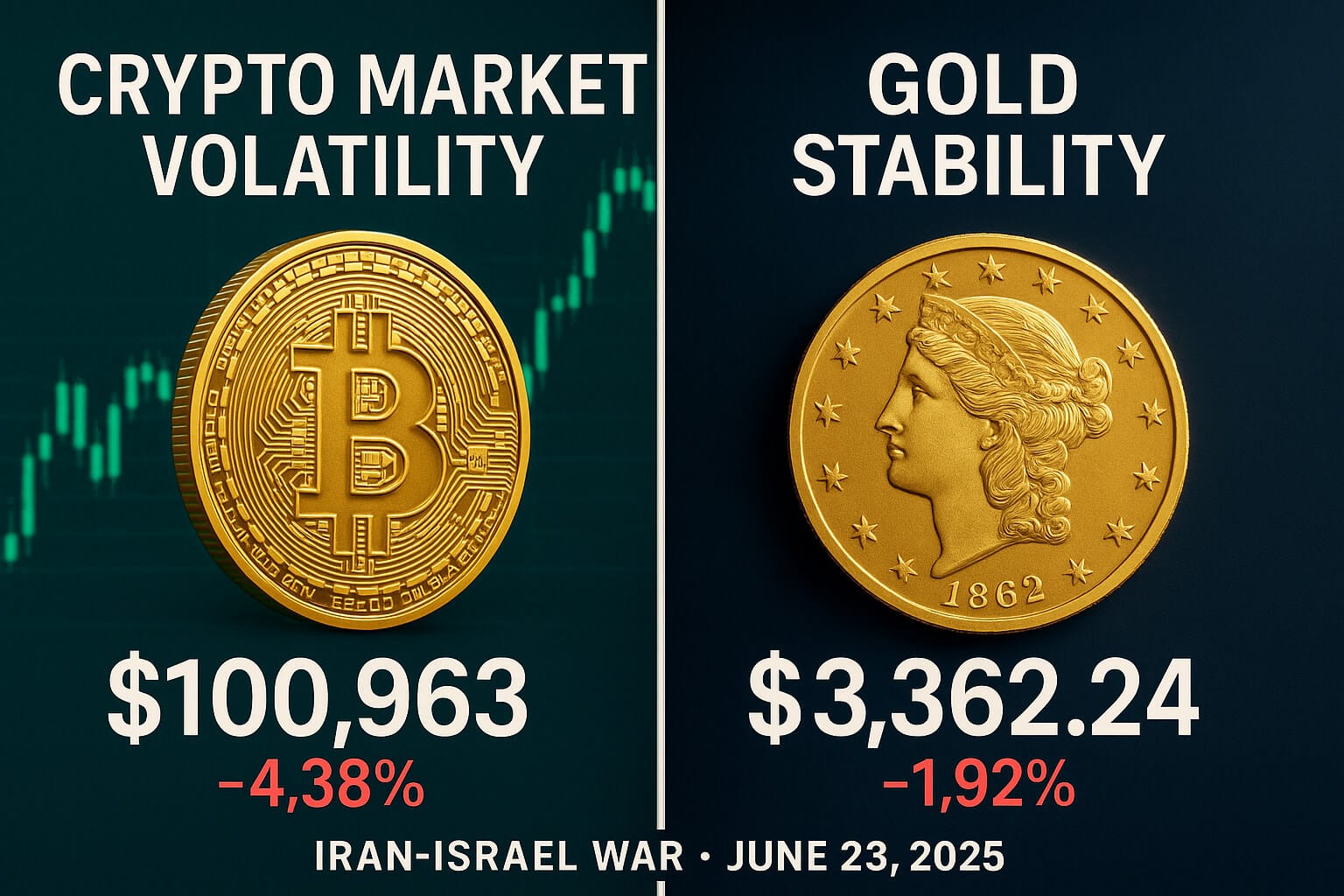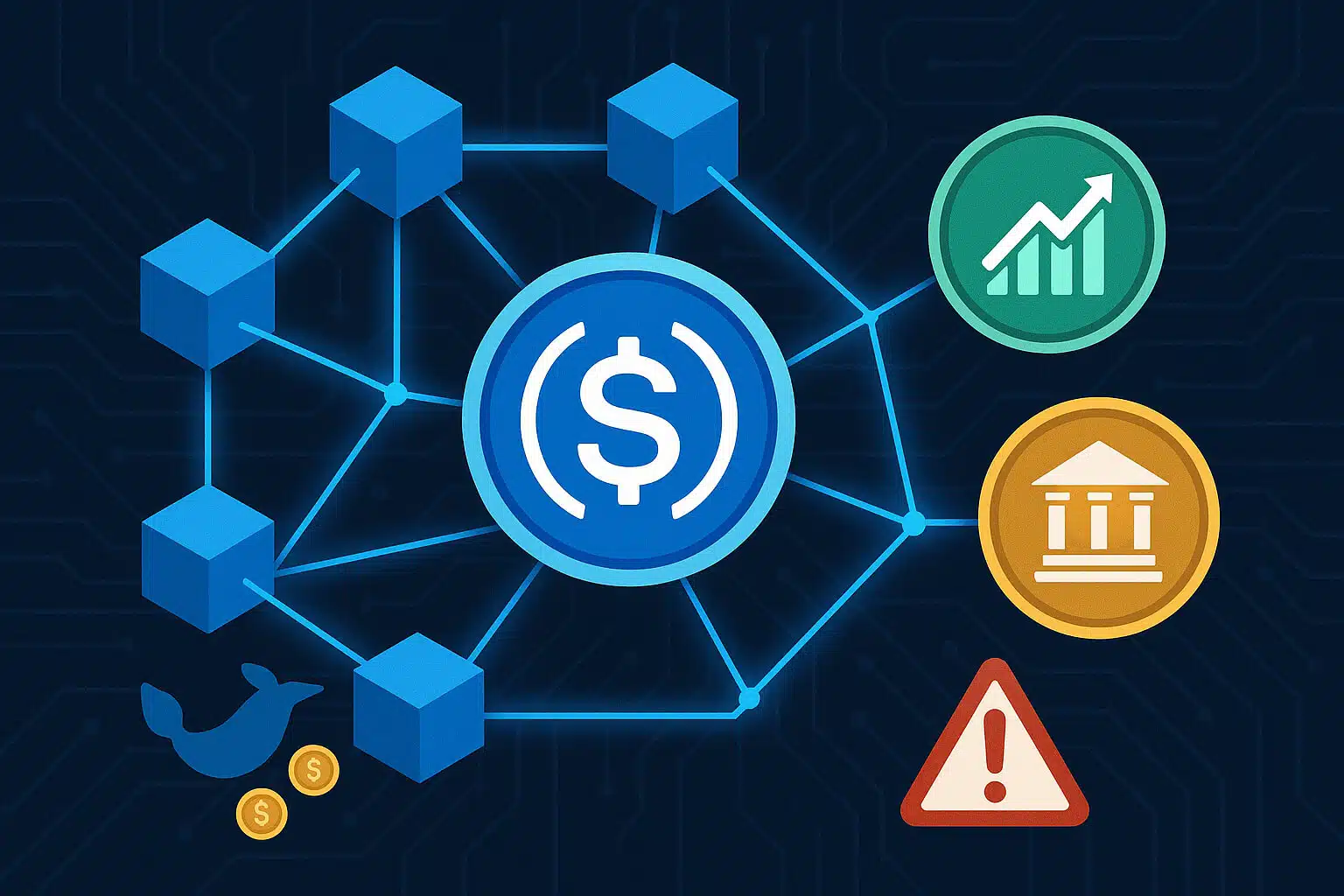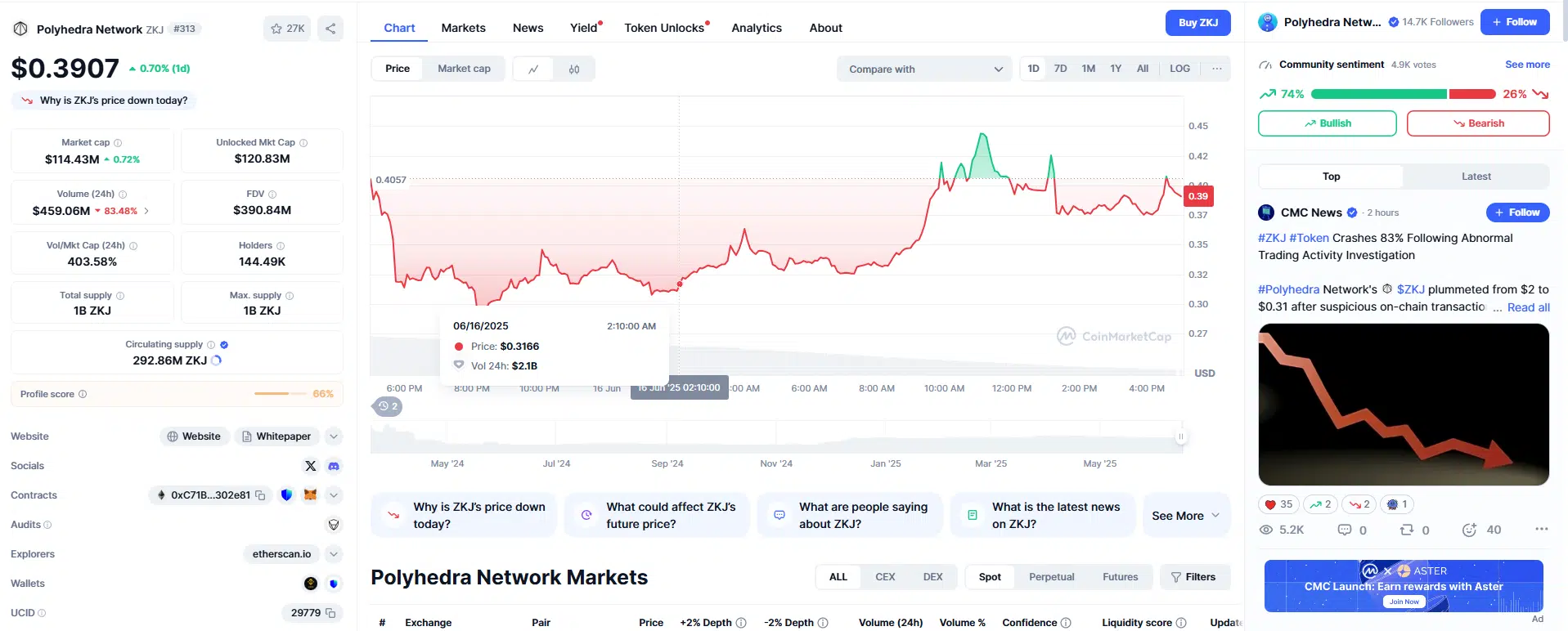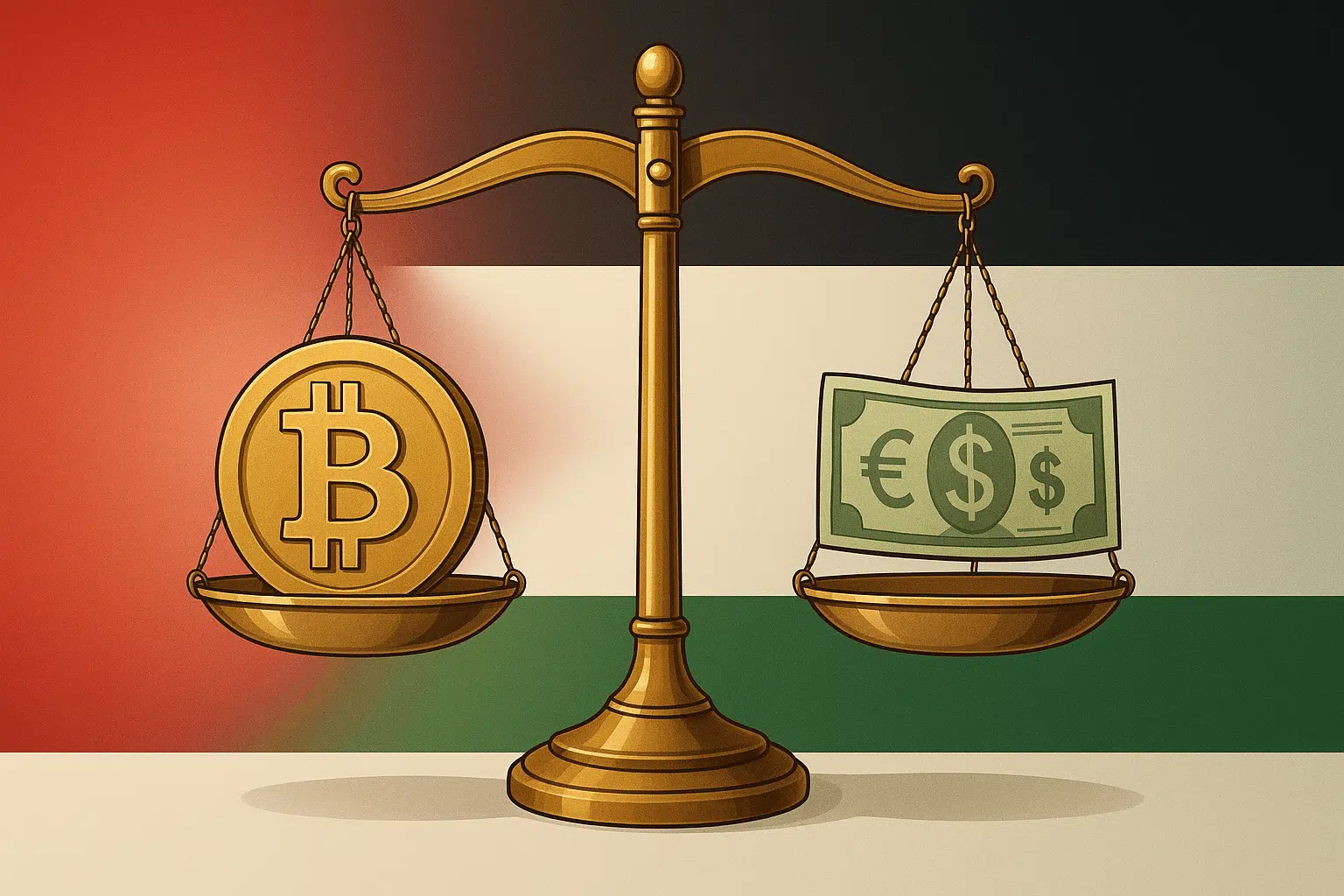1. The Rising Need for Data Security
In our increasingly digital world, data has become one of the most valuable assets. From personal information to financial records, vast amounts of data are being generated, stored, and shared every day. However, as our reliance on digital data grows, so do the threats to its security. Cyberattacks, data breaches, and unauthorized access are on the rise, putting sensitive information at risk. Traditional security measures, while important, are often not enough to protect against these evolving threats. This is where blockchain technology comes into play. Known for its decentralized and immutable nature, blockchain offers a new way to enhance data security. In this article, we’ll explore the potential of blockchain technology to revolutionize cybersecurity, protect sensitive information, and ensure data integrity.
2. Understanding Blockchain Technology
Before diving into how blockchain can enhance data security, it’s essential to understand the basics of the technology.
A. What is Blockchain?
Blockchain is a decentralized and distributed ledger that records transactions across multiple computers. These records, or blocks, are linked together in a chain, and each block contains a cryptographic hash of the previous block, a timestamp, and transaction data. Once data is added to the blockchain, it becomes nearly impossible to alter or delete, ensuring that the information remains secure and tamper-proof.
- Decentralization: Unlike traditional databases that are controlled by a single entity, blockchain is decentralized. This means that no single party has control over the entire network, reducing the risk of a single point of failure.
- Immutability: Once a block is added to the blockchain, it cannot be altered or deleted. This immutability ensures that the data recorded on the blockchain is trustworthy and resistant to tampering.
- Transparency: Blockchain allows all participants in the network to view and verify the data, making the system transparent and accountable. This transparency plays a crucial role in building trust among users.
B. Blockchain’s Core Security Features
Blockchain’s unique characteristics make it a powerful tool for enhancing data security. Here are some of the core security features of blockchain:
- Cryptographic Security: Each block in the blockchain is secured with cryptographic algorithms that ensure the data within it is encrypted and protected from unauthorized access. Public and private keys are used to control access to the data, ensuring that only authorized parties can view or modify it.
- Consensus Mechanisms: Blockchain networks use consensus mechanisms, such as Proof of Work (PoW) or Proof of Stake (PoS), to validate transactions and add new blocks to the chain. These mechanisms prevent malicious actors from altering the blockchain, as they would need to control a majority of the network’s computational power, which is nearly impossible in a decentralized system.
- Distributed Network: The decentralized nature of blockchain means that data is not stored in a single location. Instead, it is distributed across multiple nodes in the network. This distribution ensures that even if one node is compromised, the data remains secure across the rest of the network.
3. How Blockchain Enhances Data Security
Blockchain’s unique features make it particularly well-suited for enhancing data security. Here’s how blockchain can be applied to protect data in various sectors.
A. Secure Data Storage and Sharing
One of the most significant challenges in data security is ensuring that data is stored and shared securely. Traditional methods of data storage often involve centralized databases that are vulnerable to hacking, data breaches, and unauthorized access. Blockchain offers a decentralized alternative that enhances the security of data storage and sharing.
- Decentralized Data Storage: Blockchain eliminates the need for centralized storage by distributing data across multiple nodes. For example, a company could use a blockchain-based storage system to store sensitive customer data. Since the data is not stored in a single location, it becomes much harder for hackers to access or tamper with it. If a hacker were to compromise one node, the data on other nodes would remain secure, preventing a complete data breach.
- Encrypted Data Sharing: Blockchain enables secure data sharing by using encryption and cryptographic keys. For instance, in the healthcare industry, blockchain could be used to share patient records between hospitals and clinics. Each record would be encrypted, and only authorized parties with the correct cryptographic keys could access it. This ensures that sensitive patient information remains confidential and secure, even when shared across different institutions.
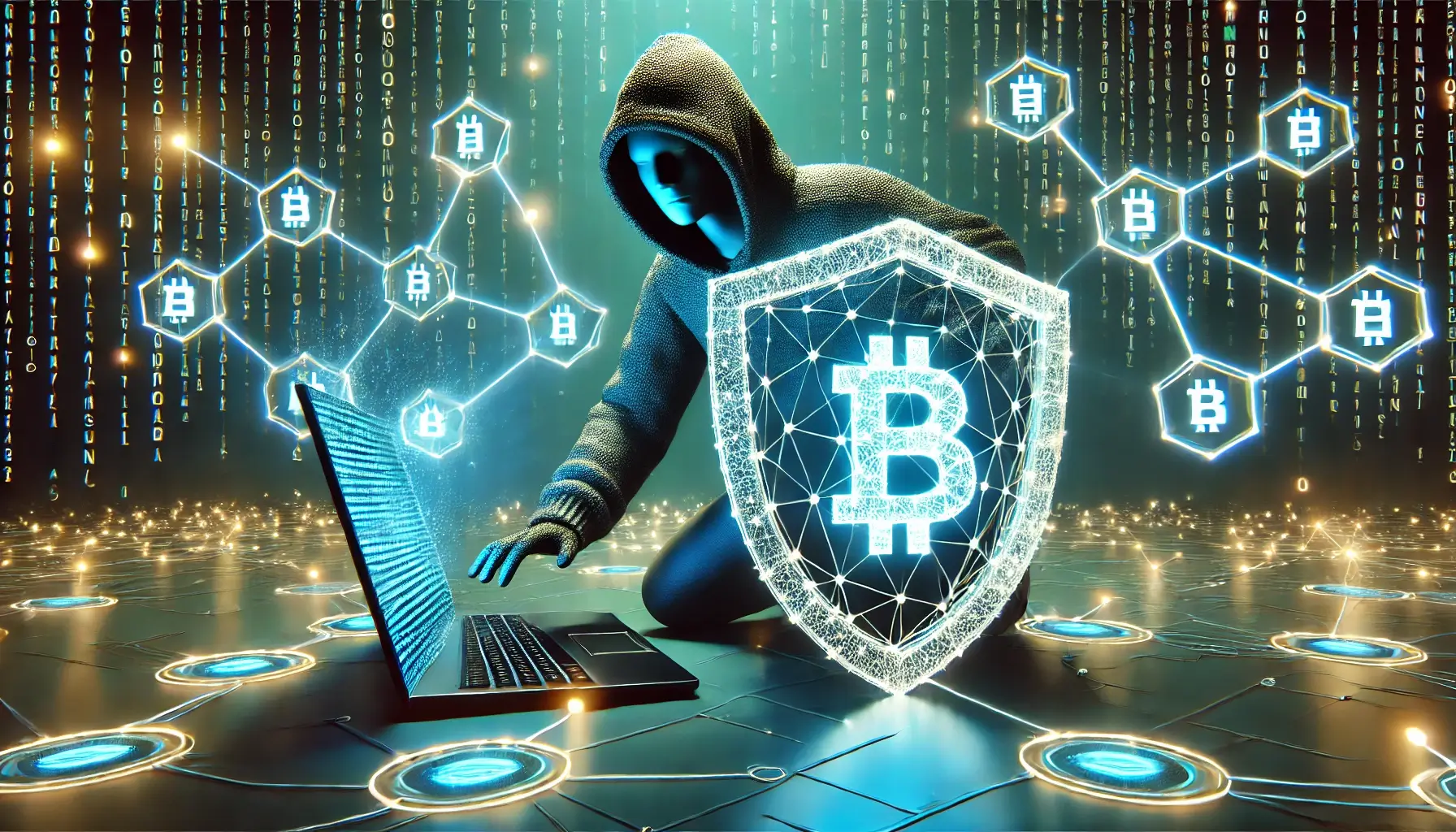
B. Ensuring Data Integrity
Data integrity is crucial for maintaining the accuracy and reliability of information. In many cases, data can be altered or corrupted, either accidentally or maliciously. Blockchain technology offers a way to ensure that data remains unaltered and trustworthy.
- Immutability of Data: Once data is added to the blockchain, it becomes immutable. This means that it cannot be changed or deleted without leaving a trace. For example, in the financial sector, blockchain could be used to record and verify transactions. Once a transaction is added to the blockchain, it cannot be altered, ensuring the integrity of financial records. This immutability is particularly valuable for auditing purposes, as it provides a verifiable and tamper-proof record of all transactions.
- Tamper-Evident Records: Blockchain creates a tamper-evident record of all transactions. If someone attempts to alter a block, the change will be immediately apparent to all participants in the network. For instance, in supply chain management, blockchain could be used to track the movement of goods. If a shipment is tampered with, the alteration would be recorded on the blockchain, alerting all parties involved. This level of transparency helps prevent fraud and ensures that all data is accurate and reliable.
C. Preventing Cyberattacks
Cyberattacks are a growing threat to data security. Hackers are constantly finding new ways to breach systems, steal data, and disrupt operations. Blockchain’s decentralized and secure nature makes it an effective tool for preventing cyberattacks.
- Decentralized Security: In a traditional centralized system, a single point of failure can compromise the entire network. For example, if a hacker gains access to a central server, they can potentially access all the data stored on that server. Blockchain’s decentralized nature eliminates this risk by distributing data across multiple nodes. Even if one node is compromised, the rest of the network remains secure, making it much harder for hackers to launch successful attacks.
- DDoS Attack Prevention: Distributed Denial of Service (DDoS) attacks are a common form of cyberattack where hackers overwhelm a network with traffic, causing it to crash. Blockchain’s decentralized architecture makes it more resistant to DDoS attacks. For example, if a blockchain network is targeted with a DDoS attack, the decentralized nature of the network allows it to distribute the traffic across multiple nodes, preventing the network from being overwhelmed and ensuring that data remains accessible and secure.
4. Real-World Applications of Blockchain in Data Security
Blockchain technology is already being used in various industries to enhance data security. Here are some real-world examples of how blockchain is being applied to protect sensitive information.
A. Healthcare
In the healthcare industry, data security is critical for protecting patient records, medical histories, and other sensitive information. Blockchain technology is being used to create secure and transparent systems for managing healthcare data.
- Patient Data Management: Blockchain can be used to securely store and share patient records between healthcare providers. For example, a hospital could use a blockchain-based system to store patient records. These records would be encrypted and only accessible to authorized healthcare providers with the correct cryptographic keys. This ensures that patient data remains confidential and secure, even when shared between different institutions.
- Drug Supply Chain: Blockchain is also being used to track the movement of pharmaceuticals through the supply chain. For example, pharmaceutical companies can use blockchain to track the movement of drugs from the manufacturer to the pharmacy. This helps prevent the distribution of counterfeit drugs and ensures that all drugs are genuine and safe for consumption.
B. Finance
The financial sector is another area where blockchain is being used to enhance data security. Financial institutions are using blockchain to secure transactions, prevent fraud, and ensure the integrity of financial records.
- Secure Transactions: Blockchain is being used to secure financial transactions by creating a tamper-proof record of all transactions. For example, a bank could use a blockchain-based system to record all customer transactions. Once a transaction is recorded on the blockchain, it cannot be altered or deleted, ensuring the integrity of financial records. This is particularly valuable for auditing purposes, as it provides a verifiable and tamper-proof record of all transactions.
- Fraud Prevention: Blockchain can also be used to prevent fraud by creating a transparent and tamper-proof record of all financial transactions. For example, a company could use blockchain to record all payments made to suppliers. If a fraudulent payment is made, the transaction would be immediately apparent on the blockchain, alerting all parties involved and preventing further fraud.
C. Government
Governments are using blockchain technology to enhance the security of public records, voting systems, and other sensitive data.
- Secure Voting Systems: Blockchain is being used to create secure and transparent voting systems. For example, a government could use a blockchain-based system to record votes in an election. Each vote would be encrypted and recorded on the blockchain, ensuring that the voting process is secure and tamper-proof. This helps prevent election fraud and ensures that all votes are counted accurately.
- Public Records: Blockchain is also being used to secure public records, such as birth certificates, marriage licenses, and property deeds. For example, a government could use blockchain to record and store property deeds. Once a deed is recorded on the blockchain, it cannot be altered or deleted, ensuring that all property records are accurate and secure.
5. Challenges and Considerations
While blockchain technology offers significant potential for enhancing data security, it is not without its challenges. Here are some considerations to keep in mind.
A. Scalability
One of the biggest challenges facing blockchain technology is scalability. As the number of transactions on the blockchain increases, so does the size of the blockchain. This can lead to slower transaction times and increased costs.
- Solution: To address scalability issues, developers are exploring solutions such as sharding and off-chain transactions. These solutions aim to reduce the size of the blockchain and improve transaction speeds, making blockchain more scalable and efficient.
B. Regulatory Compliance
Another challenge facing blockchain technology is regulatory compliance. As blockchain technology is still relatively new, there are few regulations governing its use. This can create uncertainty for businesses and organizations looking to adopt blockchain.
- Solution: To address regulatory concerns, businesses and organizations should work with regulators to develop clear guidelines for the use of blockchain technology. This will help ensure that blockchain is used in a way that is compliant with existing laws and regulations.
C. Privacy
While blockchain technology offers enhanced security, it also raises concerns about privacy. As blockchain is a transparent and immutable ledger, all transactions are visible to all participants in the network. This can create privacy concerns for individuals and organizations.
- Solution: To address privacy concerns, developers are exploring solutions such as zero-knowledge proofs and privacy-focused blockchains. These solutions aim to enhance privacy while maintaining the security and transparency of the blockchain.
A New Era of Data Security
Blockchain technology has the potential to revolutionize data security by offering a decentralized, immutable, and transparent solution for protecting sensitive information. From secure data storage and sharing to ensuring data integrity and preventing cyberattacks, blockchain offers a range of applications that can enhance data security across various industries. However, as with any technology, there are challenges that must be addressed, including scalability, regulatory compliance, and privacy concerns. As blockchain technology continues to evolve, it is likely to play an increasingly important role in the future of cybersecurity, offering new opportunities for businesses and organizations to protect their data in an increasingly digital world.
For more insights and detailed guides on blockchain applications, visit our Cryptocurrency Comparisons Guides.
Stay Updated
For the latest updates on blockchain technology and its potential for enhancing data security, follow us on:
Stay informed with the latest strategies and insights in the world of cryptocurrency at FreeCoins24.io.
Special Offer
Looking to stay ahead in the evolving world of blockchain and data security? Sign up on Bybit today and take advantage of up to $30,000 in deposit bonuses. Don’t miss out on the opportunity to enhance your cybersecurity strategies with a trusted platform.
